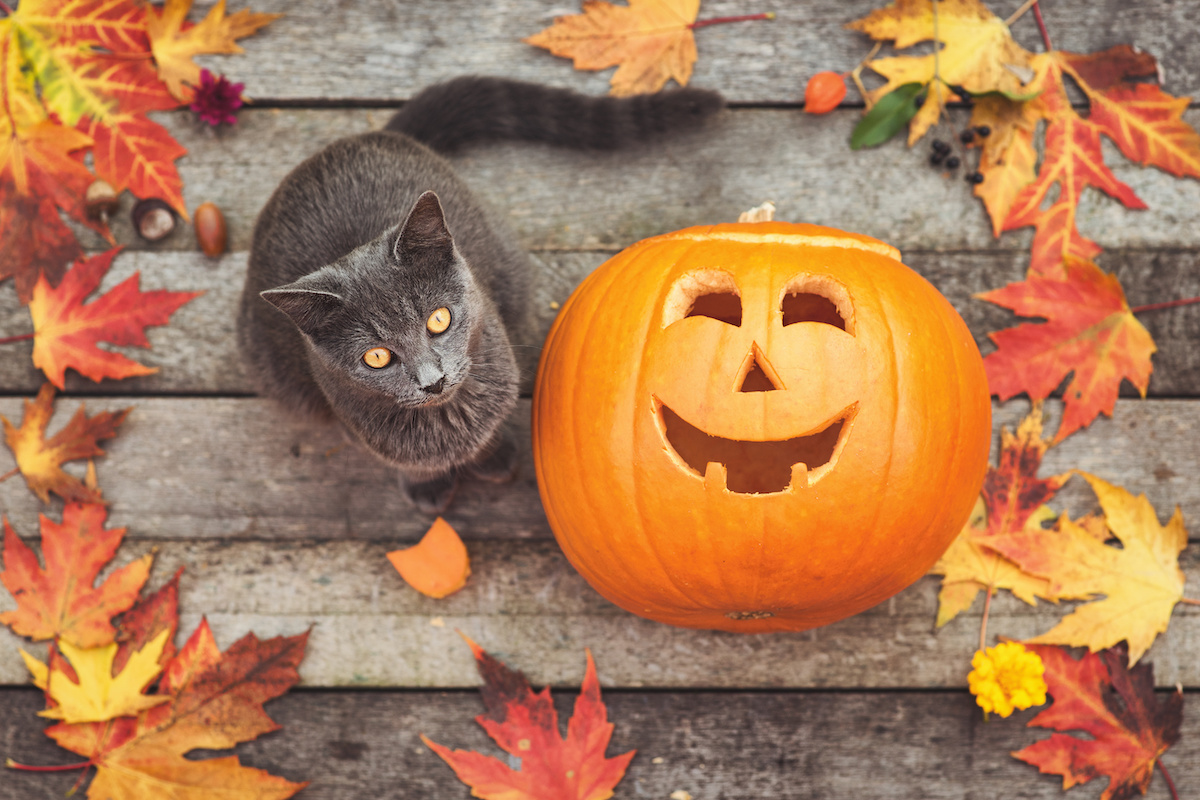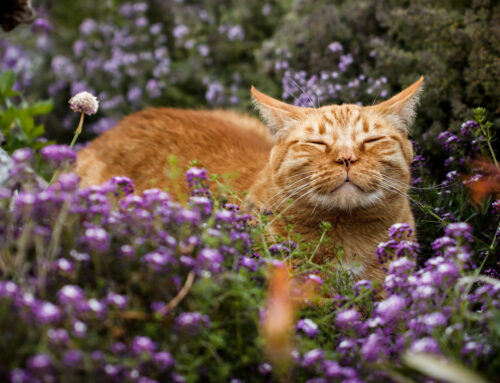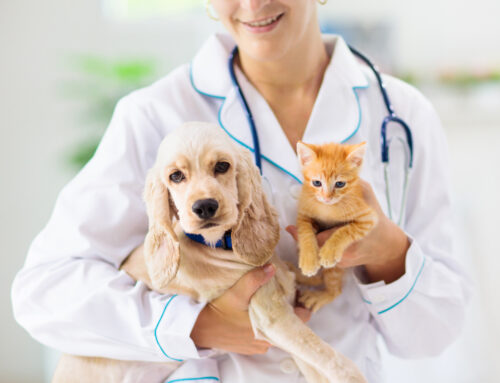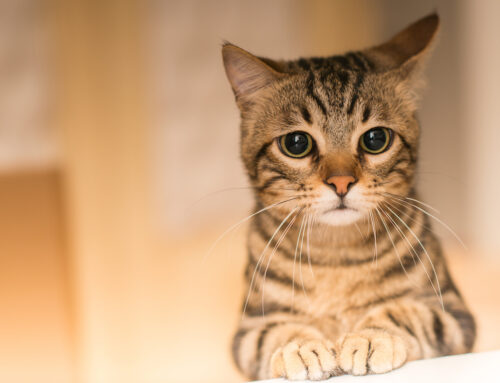Can cats eat pumpkins? This is a question you might think to ask your veterinary clinic this time of year. Kitty owners are often concerned about what types of food their feline friends can and cannot eat. The good news is that there are plenty of foods that your cat can enjoy, but there are other dangerous options that you will want to store away.
When it comes to answering can cats eat pumpkins? And other common food questions, this is what you need to know about your feline.
Can Cats Eat Pumpkins?
It’s the season of all things pumpkin, so it’s understandable to wonder if your cat can safely eat a pumpkin. But can cats eat pumpkins? The good news is that the answer is yes—you can feed your cat pumpkin as long as it’s prepared correctly.
How do you prepare a pumpkin for your kitty to enjoy? First, know that 100% plain canned pumpkin can serve as an excellent treat for your cat. While it doesn’t offer much in terms of protein, the good news is that pumpkin is full of fiber.
While pumpkin is OK to give your cat, you don’t want to give your kitty too much of a good thing as it might result in gastrointestinal upset.
But what about the raw pumpkin that you have sitting outside as a decoration? While this won’t necessarily hurt your cat, they may not like it very much as it’s stringy and not especially easy to chew. You also do not want to allow your cat to eat parts of the pumpkin such as the stem.
Lastly, you’ll want to withhold serving your cat any pumpkin pie at Thanksgiving. This is because pumpkin pie contains spices that are toxic to cats. If your cat consumes pumpkin pie, please call pet poison control immediately at 888-426-4435.
If you are looking for interesting ways to serve your cat pumpkin this fall season, check out these healthy homemade cat pumpkin treats.
Can Cats Eat Chocolate?
Most people know that chocolate is dangerous for dogs to consume. But what about cats?
Unfortunately, cats cannot have chocolate, either. Chocolate can be lethal for cats. The good news is that many cats won’t eat it on their own, but if you try to give it to them, your cat might think you are trying to give him or her a treat.
Just how much chocolate is toxic to cats? It depends on the type of chocolate, e.g. milk, dark, semisweet, or baking. White chocolate is not a concern, while milk chocolate is the most toxic. You can refer to this chart for toxicity amounts.
There are several symptoms of chocolate toxicity in a cat. They will show signs of hyperactivity, restlessness, vomiting, tremors, rapid breathing, and even death.
If your cat ingests any chocolate, please take him or her to the emergency vet immediately.
Can Cats Eat Cheese?
While cats love cheese, you might be wondering can cats eat cheese? The truth is that cheese isn’t the best food to feed to your cat for several reasons. One reason is because cats cannot tolerate dairy very well. Giving your cat cheese can result in a slew of digestional problems that are otherwise easily avoided.
Even non-dairy cheese is a poor choice to give cats. In terms of fat and salt, you will want to steer clear of both dairy and non-dairy variations of cheese.
So, can cats eat cheese? It’s not fatal, but it’s not a great idea. It’s best if you take cheese off the menu for your feline friend.
Can Cats Eat Eggs?
If you are looking for a nutritional snack for your cat, eggs can fit the bill! Eggs are a good snack choice for cats, but this comes with a catch.
The only way that you can give your cat eggs is by cooking them. It is not good to give a cat a raw egg. Even if your cat is on a raw diet, please do not feed it any eggs.
Otherwise, your cat can enjoy scrambled eggs and boiled eggs with no salt or seasoning.
Can Cats Eat Dog Food?
What happens if your cat gets into the dog’s bowl of food? The good news is that an occasional bite of dog food will not cause any harm to your cat. But you certainly do not want to substitute dog food for your cat’s primary food. If a cat continues to eat dog food, it will be malnourished and unhealthy. Keep in mind that cats have their own special dietary needs that are separate from dogs. This is why a cat really cannot eat dog food and survive.
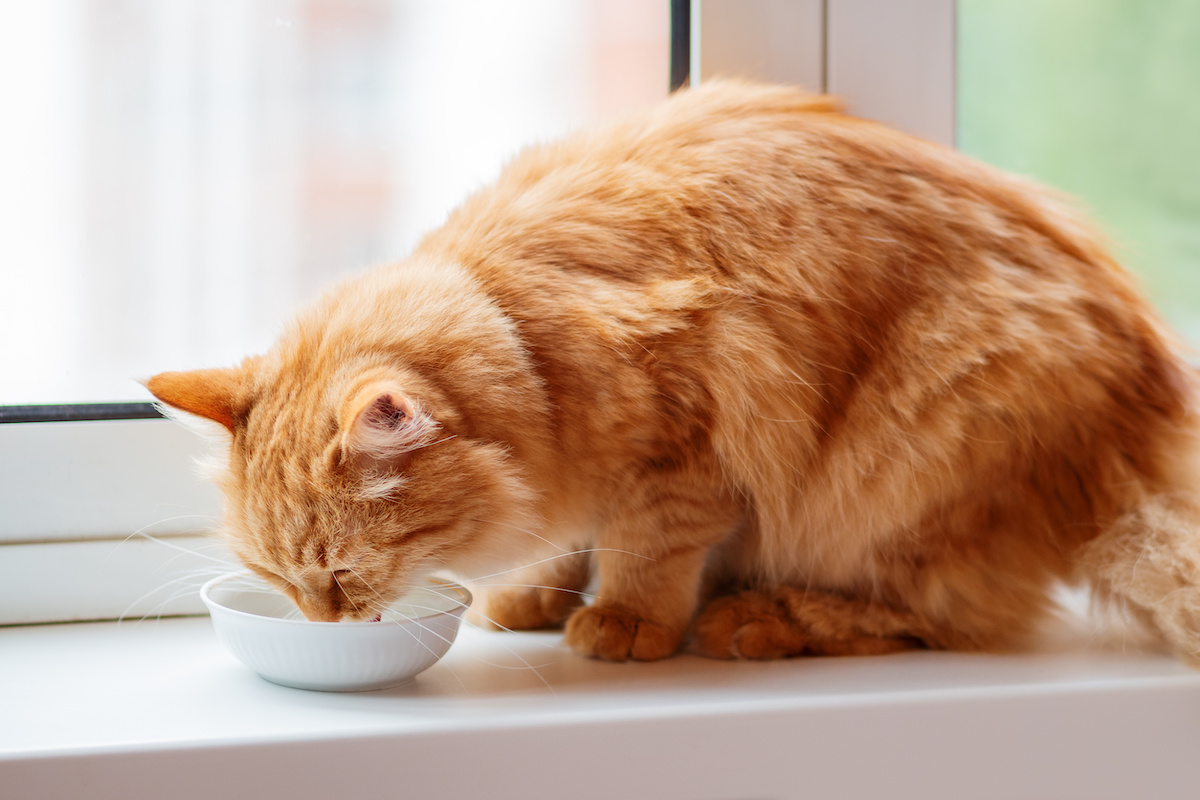
Can Cats Drink Milk?
Many of us grow up watching cartoons where cats are lapping up a bowl of milk. It is cute and very familiar, but can cats really drink milk?
Contrary to what we see on TV, cats cannot drink cow’s milk. This is because most cats are lactose intolerant, where they do not have the enzyme and their intestines to digest the sugar that is found in milk. Milk that contains lactose, including cow’s milk, is not good for cats.
Some cats can handle small quantities of milk without showing issues such as diarrhea or vomiting. They may be able to safely drink a couple of tablespoons without a problem. However, it is best to not offer your cat any type of cow’s milk to prevent an upset stomach.
Can Cats Eat Bananas?
Bananas are a sweet and tasty treat. But when it comes to a treat for your cats, can cats eat bananas?
Yes, cats can certainly eat bananas? However, you should only give bananas in small amounts. Don’t allow them to eat an entire banana or even half of a banana. A couple bites are more than sufficient. However, there is a good chance that your cat will turn its nose up at a banana and move on to something more interesting. In other words, cats are not entirely bananas about bananas.
Can Cats Eat Peanut Butter?
Peanut butter is a wonderful treat for many, but what about cats? When it comes to eating peanut butter, it is actually a little bit complicated to answer the question, can cats eat peanut butter?
Peanut butter is considered a safe food for cats. But there is an emphasis on the fact that it is safe for healthy cats, and cats with certain health conditions should avoid eating peanut butter.
First, peanut butter is sticky and thick, which can cause it to be a choking hazard for cats. There is also a sweetener in peanut butter that can lead to vomiting, loss of coordination and lethargy. It is best to feed your cat the most natural form of peanut butter as possible. You can check the nutrition label and choose peanut butter that only contains peanuts.
The ingredient to watch out for in peanut butter is called Xylitol. This is toxic to cats. If you suspect that your cat has ingested peanut butter containing this ingredient, please call animal poison control immediately.
As you can see, there are some foods that are safe for cats while others are not. But what kind of diet should a cat or kitten be consuming in the first place?
Best Diet for Cats
First, there is not a specific diet that is ideal for every cat. Just like people, every cat has individual needs.
But as a generalization, cats need to consume a lot of animal protein. Cats do the best when they eat foods that have low carbohydrates and they are high in protein. If cats can self select a diet, they will probably choose one that is over 50% protein and low in carbohydrates.
Consider The Age Of Your Cat
Next, age matters when it comes to the diet of a cat. Kittens are very active and they need additional nutrition to help with the growing process. Even if you find foods that are marked as ‘good for all ages’, you should choose a food that is within the life stage of your cat.
With age and mind, know that a cat’s nutritional needs can change as it ages. Your cat may develop sensitivities to certain foods or ailments. Some cats even have allergies that may require them to have more simplistic diets. If you have a concern about the type of food that your cat is consuming each day, a veterinarian can help you decide the best diet for him or her.
Did your cat consume something that wasn’t addressed on this list? Please feel free to call our office for advice. We’ll answer all questions, including can cats eat pumpkins? We can help you determine whether a certain food is safe or not safe for your feline friend.

